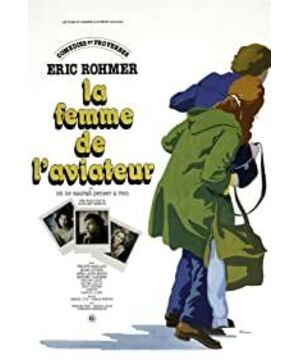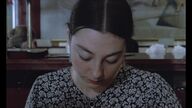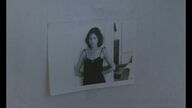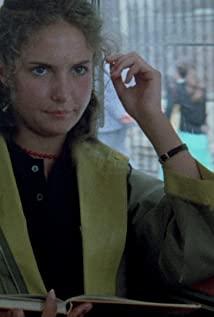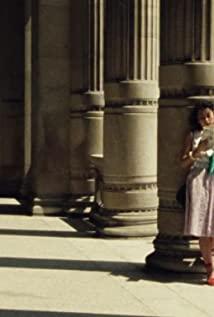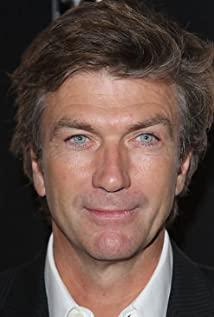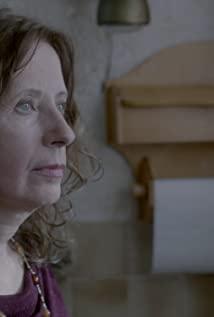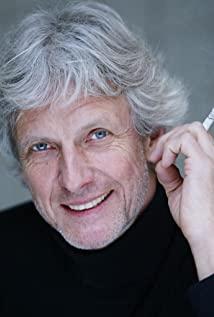In fact, he doesn't get out of the "moral" theme. This makes me wonder, in the six stories, is the discussion of the moral-male relationship still not exhausted? This shows that there is no end to the exploration of the theme of "morality". Then, in this way, I think, it is necessary to diversify the narrative of the form-external layer in order to further advance the depth of exploration of the theme.
The problem with Rohmer is his repetitiveness. On the theme; on the story (narrative); on the shooting technique... In fact, he formed a set of shooting rules similar to Bresson. Medium shot. In this regard, I personally think that his shooting techniques (methods) are actually not as rich as Bresson's - although the latter does not form any system framework or the like, it has clear guidelines: ingestion, partial ingestion, picture composition intake, etc. Bresson's law is subtraction. Rohmai, from a technical point of view, is still influenced by the "documentary" tendency of the new wave. However, it did not reach Truffaut's "extreme". Therefore, it appears to be quite satisfactory.
Naturally, Rohmer's characteristic is indeed characteristic of his "moral" themed narrative. This culminates in One Night at the Mulders. Therefore, looking at the "Pilot's Wife", its moral implication jumps on the paper. The main narrative structure is close to or completely continuation of the "six stories". However, this kind of repeated self-replication cannot go further towards the goal of "morality". The story mode has to be switched - aka self-renewal. In fact, if you think about it carefully, Melville's "noir" film is also about morality. If Homme goes to make a "killer" film... Then, at least one can predict that Alain Delon's performance will Take it to the next level. Second, I don't think this film can be regarded as the representative work of Rohmer. Because the film has slipped.
View more about The Aviator's Wife reviews


